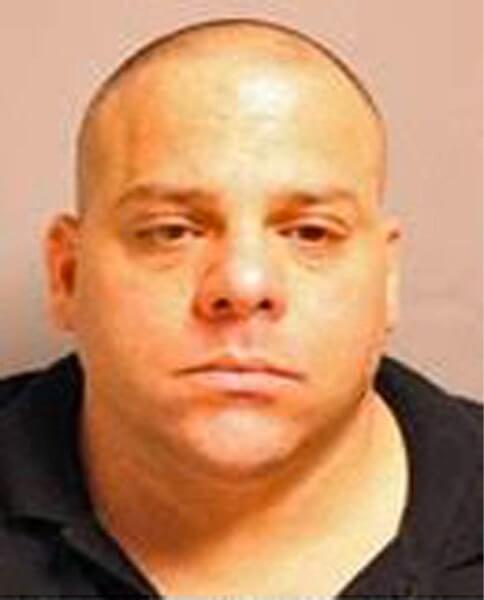Genovese associate appeals gun charge to the Supreme Court

The Supreme Court agreed on Monday to decide whether an associate of an infamous crime family should face additional prison time for attempted murder. Salvatore Delligatti helped run an illegal sports-gambling operation in Queens for Robert DeBello, a “made” member of the Genovese crime family, part of the La Cosa Nostra criminal network in New York.
The justices took up Delligatti’s appeal to knock five years off his prison sentence because his murder plot failed — and he argues it therefore can't be considered a crime of violence. The court will decide whether an act of omission can disqualify an attempted murder from being considered part of that category.
In 2014, DeBello and Delligatti plotted to murder Joseph Bonelli, a local “bully” suspected of threatening the family’s gambling business. Bonelli was also causing issues for a gas station owner who paid Delligatti to orchestrate the murder.
Delligatti gave an accomplice $5,000 and a .38 revolver to murder Bonelli with the help of several members of the Crips gang. The crew planned to kill Bonelli when he arrived home but abandoned their initial attempt when Bonelli showed up with another person.
Delligatti ordered the crew to return and kill both Bonelli and his companion. By the time the group went back the next day, the police had been tipped off to the plot and intercepted the crew.
A grand jury indicted Delligatti on six charges, including conspiring to commit murder for hire, operating an illegal gambling business, racketeering and attempted murder.
Delligati was also charged with using a gun during a crime of violence, which carries a mandatory consecutive sentence. The government names the crime of violence in Delligati’s case as the attempted murder charge.
A jury in New York federal court found Delligatti guilty of all charges and he was sentenced to 25 years in prison. Delligatti appealed, arguing that his firearm charge wasn’t constitutional because his second-degree murder charge did not meet the elements of a crime of violence.
Delligatti claims that his crime was committed through inaction and therefore cannot be considered a crime of violence. Under this reading, Delligati could not be charged with using a gun during a crime of violence, which added five years to his sentence to be served consecutively to his concurrent 240-month sentence.
“A use-of-force clause applies only where a crime ‘has as an element the use, attempted use, or threatened use of physical force,” Allon Kedem, an attorney with Arnold & Porter representing Delligatti wrote. ”But where an offense can be committed by ‘total inaction,’ the defendant may ‘exert no physical force at all on the victim.’ Even an offense resulting in serious bodily injury or death, therefore, does not necessarily involve the use of physical force.”
The Second Circuit rejected Delligatti’s argument, finding no question that intentionally causing the death of another person involved the use of force.
Delligatti urged the justices to review his case, arguing that the lower courts were split on the conflict.
“Mr. Delligatti’s predicate offense of second-degree murder under N.Y. Penal Law § 125.25(1) is a good example because, like other New York homicide offenses, it can be committed by ‘failure to perform a legally imposed duty’” Kedem wrote.
The government agreed with Delligatti, telling the court that his case would be a good opportunity to resolve the circuit split.
https://www.courthousenews.com/justices-to-rule-on-meaning-of-violence-in-sentencing-for-genovese-crime-family-associate/

0 comments:
Post a Comment